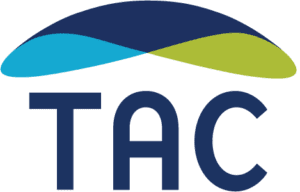The Trump administration’s interest in addressing the opioid epidemic is heartening, and last week’s proclamation is a welcome acknowledgment that opioid addiction and overdoses do indeed constitute a major public health crisis in our nation. While there is no immediate prospect of a significant cash infusion (millions are touted, versus the badly needed billions) to address the crisis, there has at least been the promise of statutory and regulatory relief — with a particular focus on allowing states to waive the Institutions for Mental Diseases exclusion. This 52-year-old statute bars Medicaid payments for mental health and addiction treatment provided to individuals in large treatment facilities, and some advocates assert that waiving it will allow Medicaid funds to flow for thousands of substance use disorder (SUD) treatment beds that currently lie empty.
All efforts to expand access to treatment are important, but the push to open up large facilities for SUD care as the first priority should be kept in perspective. Empty beds in such institutions may be the result of many causes. For instance, a community with a strong array of community-based treatment options may not need additional beds. In some cases, beds go unused if private payers don’t refer patients to a facility because it lacks a modern, evidence-based approach to treating addiction (for instance, if no-one on staff is qualified to provide medication-assisted treatment). And finally, some facilities have never participated in either Medicaid or commercial insurance programs simply because they don’t have to, as their private fee structure allows them to maintain empty beds; these providers may have neither the financial motivation nor the business operations know-how to bill insurers, or to train their staff to meet the quality standards of states and commercial payers.
So, states — before you rush off to the Centers for Medicare and Medicaid Services asking for IMD waivers, make sure your request is going to make a true difference in getting people high-quality care. We won’t turn this crisis around by assuming that any treatment is better than no treatment.


